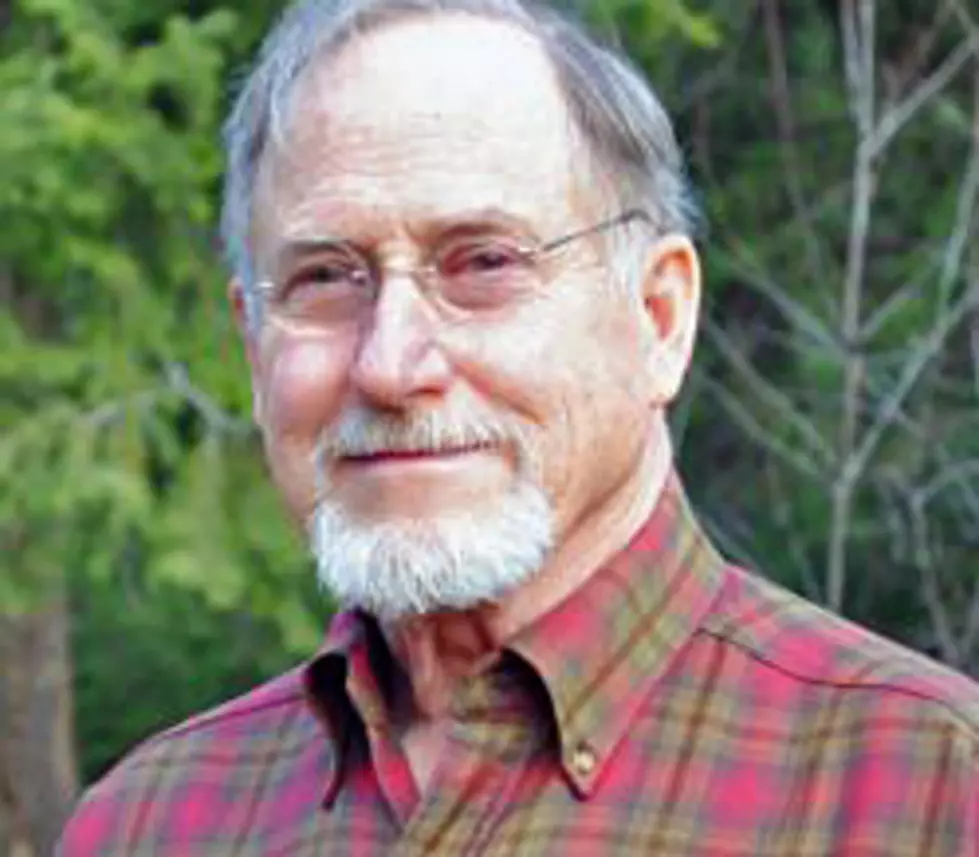
Montana Viewpoint: We have met the enemy ‘and they are us’
I am reminded more and more of my belief that the single attribute that sets humans apart from other creatures is that we are the only species capable of causing our own extinction. The ways we are currently dealing with Covid and global warming may validate that belief sooner than later.
It was once commonplace to distinguish humans from other species by saying humans were rational thinkers. After observing the irrationality of human thinking, the more correct analysis became that humans are capable of rational thought, but it seems that dogs and other species, including octopuses for heaven’s sake, are believed to share that ability, too.
Anyway, we humans have proven time and time again that while we are capable of rational thought, we have to strain ourselves to do it. Cases in point; the way we are handling Covid and climate change. Covid will run its course with or without human intervention, or at least until there are no more humans capable of intervening, and it looks like climate change will follow the same path.
What is confusing to me is that a rationale for inaction on either issue is that it is more important to protect the “economy” than it is to protect human life and possessions. Granted that the isolation and restrictions that have been imposed to fight Covid have had a serious effect on businesses everywhere, and it looks like some of those effects will be permanent.
But if you are going to protect the economy, don’t you have to protect the people whose spending drives 75% of the economy? It makes little sense to me to place protecting the economy above protecting human life.
Global warming issues face the same dilemma. Restrictions on carbon emissions will definitely affect the economy inasmuch as it is based on the use of fossil fuels for energy. But “the economy” is not a fixed object, it is always changing because the dominance of certain types of businesses change.
Twenty years ago Google and Amazon were not major players in our economy, now they are. Similarly, in the energy sector solar and wind energy are now economically feasible and threaten the continuing viability of energy created by burning coal and natural gas. That means they also threaten the companies which produce the coal, the railroads that transport it, and the power plants that burn it.
It also means that it threatens the jobs of all who work in those companies.
Will those effects be offset by new energy industries and the jobs that they create? Sure, at least to some extent, but that’s cold comfort to someone who is about to lose their job in the industries that are being replaced. Big businesses, to make it crystal clear that they are the champion of workers everywhere, believe that bulling our way through the climatic china shop will work. This will save existing jobs for working people and not incidentally preserve the bottom line of business.
But if that fails wouldn’t it help to have a program of retraining workers and helping with their relocation costs in place? We’ve got a model already in the Trade Adjustment Assistance program which is for workers whose jobs are affected by imports, why not one for what might be called “economic dislocation”?
Whether or not you believe in global warming, you’ve got to believe that the number of catastrophic events we are experiencing is unusual. Well, while one occurrence does not make a trend, a series of occurrences does, and a wise person does not have to have deep thoughts to realize that something needs to be done, if not at the very least admitted.
So, suppose there is no global warming phenomenon and that the past few years of catastrophic events are just a blip in the earth’s history and will all average out to normal after a while. OK, how much of a while? Hard to say, isn’t it. Prudent investors, not to mention prudent gamblers, like to hedge their bets, to have an ace in the hole, as it were, and they make contingency plans. A fool, on the other hand, gambles until there is no chance of recovering the lost bets.
So, let’s say, just for giggles, that a back-up plan is a good idea, and let’s say, for more giggles, that we should have one even though we don’t believe anything bad is going to happen.
How can it hurt, especially when we know that “chance favors the prepared?"
Jim Elliott served sixteen years in the Montana Legislature as a state representative and state senator. He lives on his ranch in Trout Creek.
